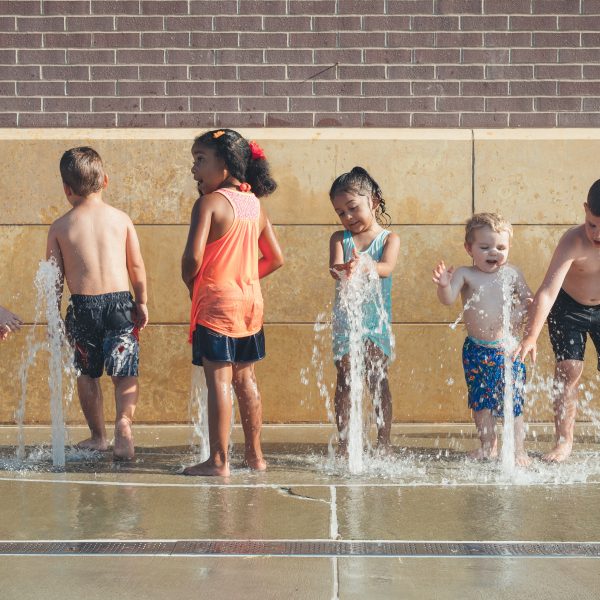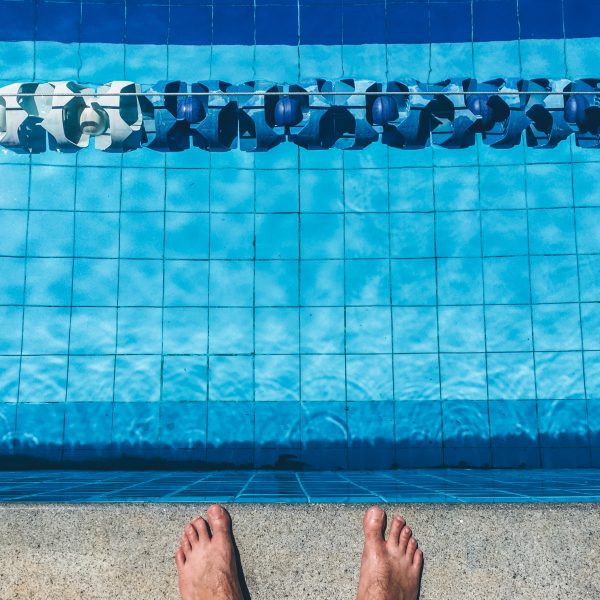JCU researchers highlight the danger of portable pools as we head into summer

New research from James Cook University (JCU) has shown that toddlers can die in minutes in shallow water, when left unmonitored. Lead researcher Professor Richard Franklin was one of a team who examined drownings of children under five years in portable pools from July 2002 to the end of June 2018 – only the second such study in the world and the first in Australia.
Professor Franklin and his team found that twenty of the 23 children who died in portable pools in this period were under five years of age. Three‐quarters of the children who died were aged between 12 and 23 months, and ninety per cent of the deaths followed a fall into water. In each instance, he said, none of the children were supervised.
The largest proportion of drowning incidents occurred in water 301‐500 mm (12 to 20 inches) deep, with one child drowning in 150 mm of water. Three of the children were left unsupervised for less than five minutes – a common time lapse where the adult may have looked away to attend to another child, answer a phone, or assist another adult in the environment, all of which are common scenarios in early childhood education and care (ECEC) settings.
The researchers also found a commonality in the drownings, saying “the children who drowned commonly resided in areas classified as socially and economically disadvantaged and drowning rates in very remote areas were 15 times greater than for city children”.
Professor Franklin said the lower cost of portable pools is likely to be a strong factor in purchase among those in socio‐economically disadvantaged communities, with the cost of water similarly potentially a factor in not emptying the pool after use.
“For people living in geographically isolated communities, it may also be that there is a lack of age appropriate aquatic locations for young children to use,” he said.
Under Australian law, any pool over 300 mm in depth is supposed to have four‐sided isolation fencing of at least 1.2 m in height, with a self‐closing and self‐latching gate, something Professor Franklin said is “a widely-unknown or widely-ignored requirement” when it comes to portable pools.
“The best way to decrease these types of drownings is to highlight the importance of active, constant, adult supervision at the point of sale of the pool. Water familiarisation and learn to swim programs are unlikely to be effective and pool covers come with their own dangers such as preventing detection of a child who has managed to get into a pool,” he said.
People supervising children around water of any depth should be within arm’s reach at all times, and focusing all of their attention on the children, Professor Franklin added.
Popular

Quality
Practice
Research
Professional bravery in ECEC: How reading the nervous system prevents behaviour escalation
2025-12-02 07:30:47
by Fiona Alston

Policy
Quality
Practice
Provider
Research
Workforce
ECEC services to close early for mandatory child safety training under national reforms
2025-12-01 07:10:09
by Fiona Alston

Quality
Policy
Practice
Provider
Workforce
Growth restrictions and enhanced oversight imposed on Affinity Education Group in NSW
2025-12-01 07:30:29
by Fiona Alston
















